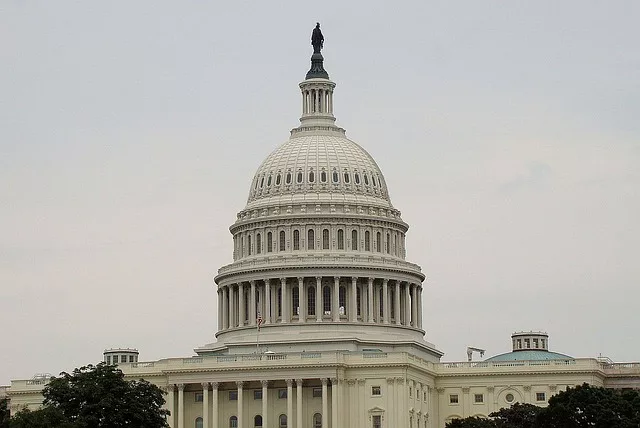Compromise Defense Budget for 2024 Includes 5.2% Pay Raise for Military

UPDATE 12/27/2023:
The 2024 National Defense Authorization Act was passed by the House and Senate in the week ending December 15, 2023 and signed into law by President Biden on December 22, 2023. It included the 5.2% pay raise mentioned below. The article is preserved here for arvhival purposes.
$886 Billion 2024 NDAA Includes Proposed 5.2% Pay Raise for Troops
After endless debates and the efforts of some to shoehorn unrelated, culture-war issues into the legislation setting federal defense spending levels for the coming year, the House and Senate (many weeks overdue) finally agreed to a compromise version of the 2024 National Defense Authorization Act or NDAA.
A proposed 5.2% pay raise for troops is part of the compromise NDAA. That raise comes from a total fund of $842 billion for the DoD, an overall increase of more than $25 billion from last year’s funding levels.
Defense Department Versus Stonewalling Members of Congress
The 2024 NDAA, in its earlier drafts, had some contested features. The final compromise bill does NOT. There are no unrelated culture war measures some wanted to be introduced by factions in the House, including provisions to overturn DoD reproductive healthcare policies and ending diversity training in the military.
One Senator from Missouri went on the record with objections to military diversity training. Stars and Stripes quotes the Senator’s press secretary, who notes the elected official “..has long been an advocate for eradicating these (diversity training) DEI programs and hopes to resolve these issues to ensure that these divisive DEI programs don’t continue to drive a wedge between military members and deepen the already existing recruiting crisis.”
But the Senator who raised this objection never served in uniform. Does a basic ignorance of military culture inform these objections? In some cases the answer is yes.
Any veteran who served from the 1990s onward can testify that military branches of service have been conducting such training for decades. And that’s likely one reason members of the House dropped the issue; it’s an objection that doesn’t have any basis or relevance in the day-to-day realities of military service.
A lack of military service seems to be a common issue among those chiefly responsible for the culture war issues surrounding the 2024 NDAA. The elected official primarily responsible for holding up the promotions of flag officers and other prominent military positions? He never served, either.
What’s Next
As mentioned above, the NDAA formally passed the House and Senate. At press time, it is at the President’s desk for signature.
Related: Is the Military Healthcare System in Trouble?
About the author
Editor-in-Chief Joe Wallace is a 13-year veteran of the United States Air Force and a former reporter/editor for Air Force Television News and the Pentagon Channel. His freelance work includes contract work for Motorola, VALoans.com, and Credit Karma. He is co-founder of Dim Art House in Springfield, Illinois, and spends his non-writing time as an abstract painter, independent publisher, and occasional filmmaker.


